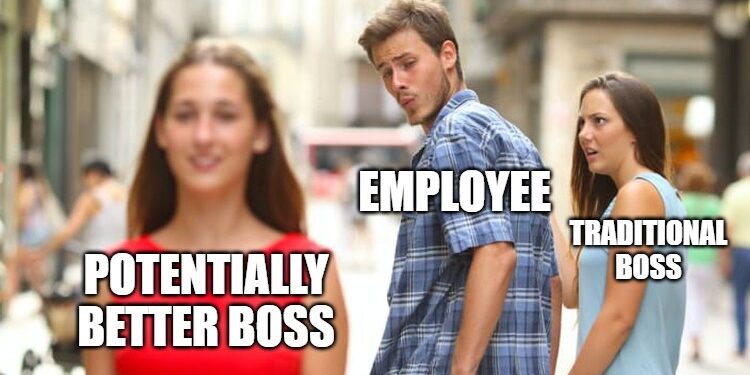In today’s rapidly evolving work environment, it is crucial for companies in the Philippines to retrain their managers and supervisors to effectively lead and manage their teams, particularly when managing a workforce that is increasingly composed of Generation Z employees. Gen Z workers have different expectations and values compared to their Gen X and Millennial counterparts, making it critical for companies to understand and address these differences. Employee retention and engagement is the big reason why companies must invest in reskilling their managers and supervisors for their Gen Z workers.
In the last few months, I have received a number of requests from clients about their concerns regarding the attraction and retention of talents. They complain that many of the young people easily quit their jobs. It has also come to my attention that for some companies, compensation is not even the issue! We have looked into cases and stories on the issue and this is the trend, It is easier now for this generation of workers to decide to leave when they are unhappy with the current work arrangement, condition, and relationship. When talents look at companies’ employer brand they don’t just look at prestige and compensation, anymore, they also look at culture and opportunities for growth.
According to a study by the Philippine Statistics Authority, Gen Z workers currently make up around 20% of the country’s labor force, and this number is expected to increase in the coming years. As such, it is imperative for companies to understand the key differences between Gen Z workers and their managers and supervisors in the Philippines, and to address the issues that arise as a result of these differences.
One of the most significant differences between Gen Z workers and their managers and supervisors is their approach to work. Gen Z employees are more interested in flexibility, autonomy, and having a sense of purpose in their work than their older counterparts. They want to feel like they are making a difference in the world and are not content to simply work for a paycheck.
However, many managers and supervisors in the Philippines have been trained to use a command-and-control approach to management, which involves giving orders and expecting employees to follow them without question. This approach is increasingly ineffective with Gen Z workers, who value collaboration and feedback.
Research has shown that companies that fail to adapt to the changing needs of their employees and risk losing them. According to a survey conducted by Deloitte, 44% of Gen Z employees plan to leave their current job within two years, primarily due to a lack of career growth opportunities and poor company culture.
To avoid this, companies in the Philippines must retrain their managers and supervisors to adopt a more collaborative, feedback-driven approach to management. This means providing regular feedback, opportunities for skill development and growth, and allowing employees to have more control over their work and schedules.
Additionally, managers and supervisors must learn to communicate more effectively with their Gen Z employees in the Philippines. This means using digital communication tools such as instant messaging and video conferencing, as well as providing regular updates on company goals and progress.
The urgency of retraining your company managers and supervisors for today’s workers in the Philippines cannot be overstated. By providing regular feedback, opportunities for growth, and adopting a more collaborative approach to management, companies can create a more engaged and productive workforce, retain their employees, and remain competitive in today’s market.
Sources:
- “Generation Z in the Philippine Labor Market” by the Philippine Statistics Authority, July 2021
- “The Deloitte Global Millennial Survey 2019″ by Deloitte, May 2019”
Learn more about ExeQserve’s Workshop on Leading and Managing Gen Z Workers








